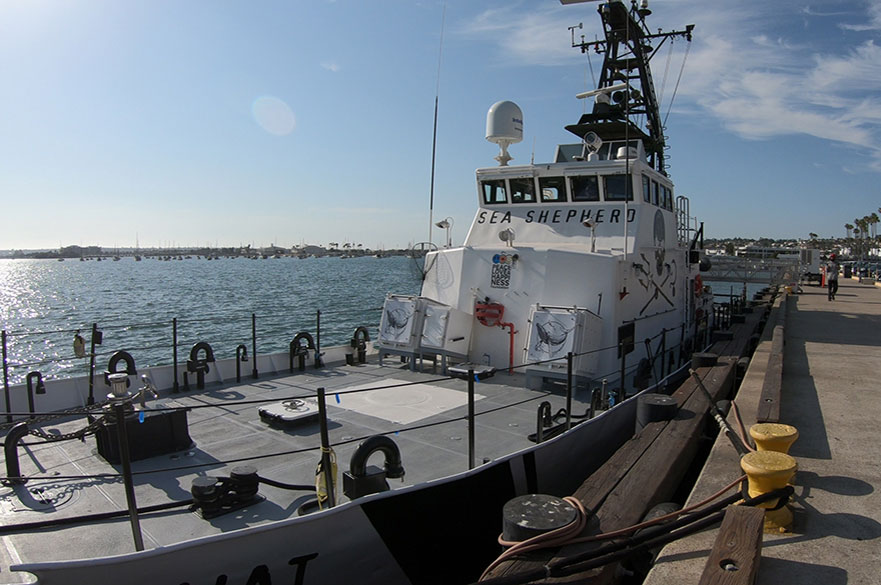Project awarded £3 Million to power poultry welfare and sustainability
A new £3 million project aims to address significant health and welfare issues in poultry production.

Nottingham Trent University is a partner on the ‘FeedFlow’ project, which is led by insect farming innovator Flybox® and funded by Innovate UK as part of Defra’s Farming Innovation Programme.
The work – which brings together a consortium of industry leaders and academic institutions – will utilise advanced technologies and black soldier fly (BSF) larvae to improve poultry welfare and promote sustainability in the poultry industry.
Despite significant advancements in production sustainability through genetic selection, the poultry industry faces persistent issues - including poor leg health, high mortality rates, and variable feed conversion ratios.
Poultry production also contributes notably to ammonia emissions in the UK.
To address these issues and stay competitive against low-cost imports, UK production systems must evolve continuously. Black soldier fly farming and artificial intelligence are emerging as revolutionary solutions for improving poultry welfare and performance, while also supporting sustainability.
BSF larvae are renowned for their ability to promote natural poultry behaviour and provide a nutrient-rich, high-quality protein source enhanced with antimicrobial peptides.
AI systems, meanwhile, propel precision agriculture by delivering real-time data on flock welfare and early warnings of potential issues. The FeedFlow project harnesses these technologies with a cutting-edge rapid intervention system. It integrates FLOX360, an in-demand computer vision platform powered by enterprise-grade AI algorithms, with the nutritional advantages of BSF larvae.
This innovative approach aims to amplify poultry health and productivity, setting new standards for welfare and sustainability in the industry.
Additionally, the project incorporates Life Cycle Analysis (LCA), led by Jess Callaghan from the University of Chester, to assess Global Warming Potential (GWP) and prevent a race to the bottom in emissions. Flybox’s ® collaboration with NTU’s School of Animal, Rural and Environmental Sciences further strengthens the project, utilising fortified BSF larvae to deliver a rapid nutrient boost that addresses health challenges more effectively than traditional feed interventions.
Together, these innovations streamline feeding processes, enhance flock health and behaviour, and promote environmentally responsible decision-making, all while reducing impacts across the entire value chain.
Emily Burton, Professor in Sustainable Food Production in Nottingham Trent University’s School of Animal, Rural and Environmental Sciences said: “Insects are an essential part of our transition from linear to circular resource use, and projects like this are accelerating insect production to commercial viability by thinking outside the box about how we can harness them to improve poultry production.”
Supported by a consortium that includes Flybox®, FLOX, the University of Chester, Nottingham Trent University, Courteenhall Farms, Menchine Farm, and Clarke Group Construction, the project is dedicated to developing a comprehensive, sustainable solution for the poultry industry.
Last year Flybox® and NTU embarked on a study to feed BSF larvae food waste – nutritionally-enhanced using nanometre sized natural minerals – before being added to poultry feed. The work is part of a feasibility study which aims to increase the nutritional value of chickens and significantly reduce the carbon footprint of ingredients.
-
Notes for editors
Press enquiries please contact Dave Rogers, Public Relations Manager, on telephone +44 (0)115 848 8782, or via email.
Nottingham Trent University (NTU) received the Queen’s Anniversary Prize for Higher and Further Education in 2021 for cultural heritage science research. It is the second time that NTU has been bestowed the honour of receiving a Queen’s Anniversary Prize for its research, the first being in 2015 for leading-edge research on the safety and security of global citizens.
The Research Excellence Framework (2021) classed 83% of NTU’s research activity as either world-leading or internationally excellent. 86% of NTU’s research impact was assessed to be either world-leading or internationally excellent.
NTU was awarded The Times and The Sunday Times Modern University of the Year 2023 and ranked University of the Year in the Whatuni Student Choice Awards 2023. It was awarded Outstanding Support for Students 2020 (Times Higher Education Awards), University of the Year 2019 (Guardian University Awards, UK Social Mobility Awards), Modern University of the Year 2018 (Times and Sunday Times Good University Guide) and University of the Year 2017 (Times Higher Education Awards).
NTU is the 5th largest UK institution by student numbers, with approximately 40,000 students and more than 4,400 staff located across five campuses. It has an international student population of 7,000 and an NTU community representing over 160 countries.
Since 2000, NTU has invested £570 million in tools, technology, buildings and facilities.
NTU is in the UK’s top 10 for number of applications and ranked first for accepted offers (2021 UCAS UG acceptance data). It is also among the UK’s top five recruiters of students from disadvantaged backgrounds and was the first UK university to sign the Social Mobility Pledge.
NTU is ranked the second most sustainable university in the world in the 2022 UI Green Metric University World Rankings (out of more than 900 participating universities).
- Subject area: Animal, equine and wildlife
- Category: Press office; Research; School of Animal, Rural and Environmental Sciences

